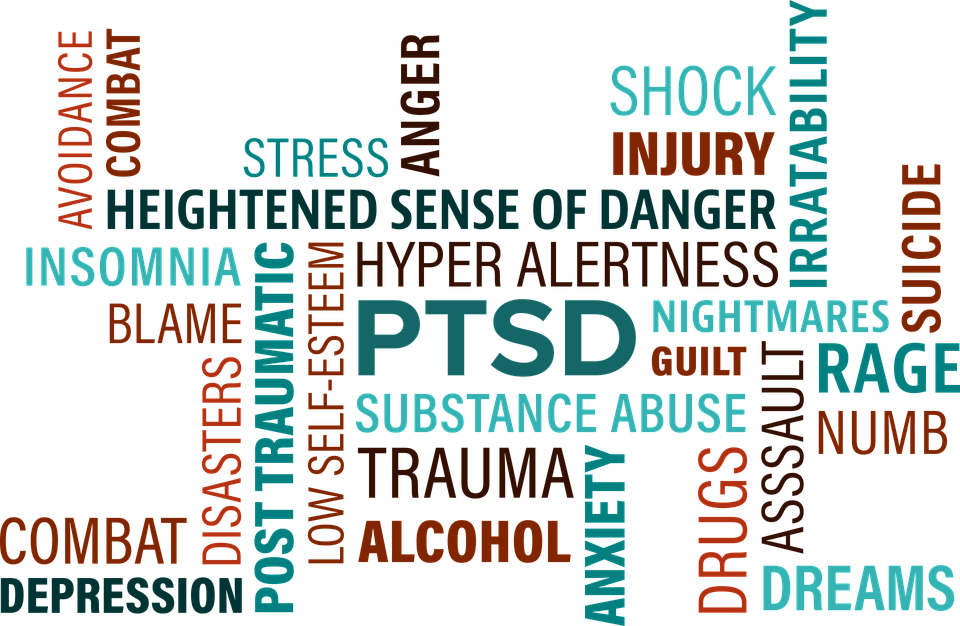A new study published in the Lancet Psychiatry found that one in 13 young people in England and Wales experience post-traumatic stress disorder by the age of 18.
The study looked at more than 2,000 18-year-olds and found that a third had experienced some form of trauma in their childhood. And a quarter of these then developed PTSD, which led to insomnia, flashbacks, and feelings of isolation.
The study found that those who suffered PTSD had experienced a depressive episode and one in five had attempted suicide.
Dr Stephanie Lewis, lead researcher in the Medical Research Council said: “providing effective treatments early on could prevent mental health problems continuing into adulthood.”
The prominence of PTSD in young people is a sobering reality check for health professional and parents alike.
Whilst it highlights just how common the disorder can be within young people – it also begs the question of how dangerous is it for those who have the disorder but leave it untreated.
Especially after entering adulthood where some people begin to prioritise work and studying over their mental health. It is important to recognise PTSD in any of its forms.
Hana Stuart, a graduate from University of the Arts London, suffered physical abuse when she was younger.
Although she identified the cause of her Trauma at a much younger age, she only began to connect her symptoms to PTSD a year ago at the age of 21.
Hana said: “I began to have unwanted thoughts and memories of my childhood trauma completely out of the blue. I was anxious all the time and I began to become depressed. When I was younger I had spoken about these problems quite a bit, but in hindsight, I remember I tried to ‘feel better’ as soon as I could.”
Hana’s PTSD only became obvious to her just last year, but she had occasional episodes whilst she was a teenager.
“When I was younger I would have moments where I would remember a specific thing or something I didn’t want to think about but I’d brush it aside pretty easily.”
What is PTSD?

PTSD is often associated with soldiers and others who have seen the front lines of war, but anyone – including children – can develop it after a traumatic event. Traumas that can cause PTSD include:
Causes:
- Violent attacks
- Physical or sexual abuse
- Road accidents
- Military combat
- Seeing someone else suffer something traumatic
- Illness
- Repeated exposure to events like those mentioned above
Symptoms:
Those who have PTSD usually have symptoms of stress, anxiety, and depression. This includes:
- Intrusive thoughts or memories of the events which are unwanted and keep coming back
- Feeling Jumpy, startled, or nervous when something triggers memories of the event
- Avoidance of any reminders of the event, by avoiding certain activities, places, or people
- Forgetting important parts of what happened
- Negative thinking or mood, and feeling detached / estranged / anger, shame fear, guilt
- Trouble sleeping, focusing, and looking out for danger and looking startled
If you find yourself having these sorts of symptoms, or someone you know may be having these sorts of symptoms, it is best to consult a professional. People with PTSD can recover from a traumatic event after a period of adjustment. But if you find that symptoms continue for longer than a month, it is best to consult a professional.
Treatment:
- Consults a psychologist, psychiatrist, or bereavement specialists
- Consult a licensed clinical social worker, professional counsellor, or trauma professionals
Hana said therapy was the best thing for her: “speaking about it and going through it with a professional helped me a lot – and I urge anyone who thinks they might have PTSD to reach out.”
Do you think you could have post-traumatic stress disorder?
Find a psychological therapy service near you
And read more about the treatment of PTSD here
Alternatively, you can contact the UK Samaritans at 116 123

